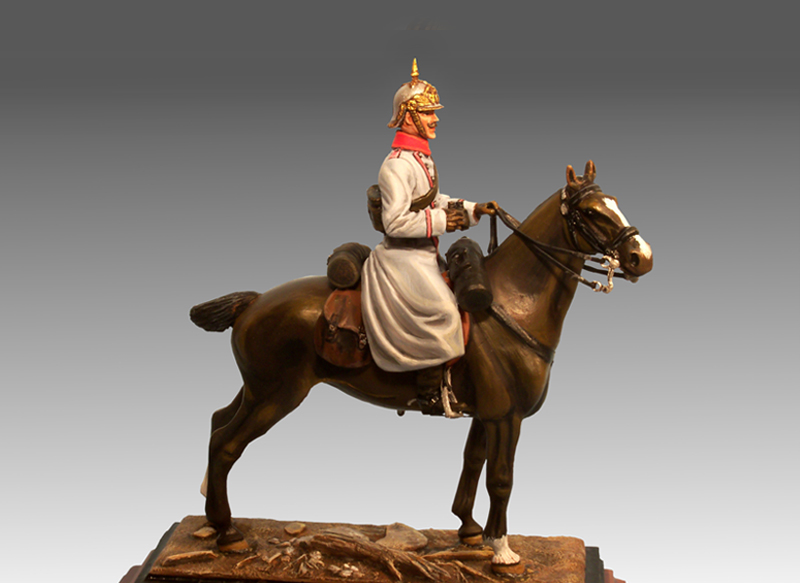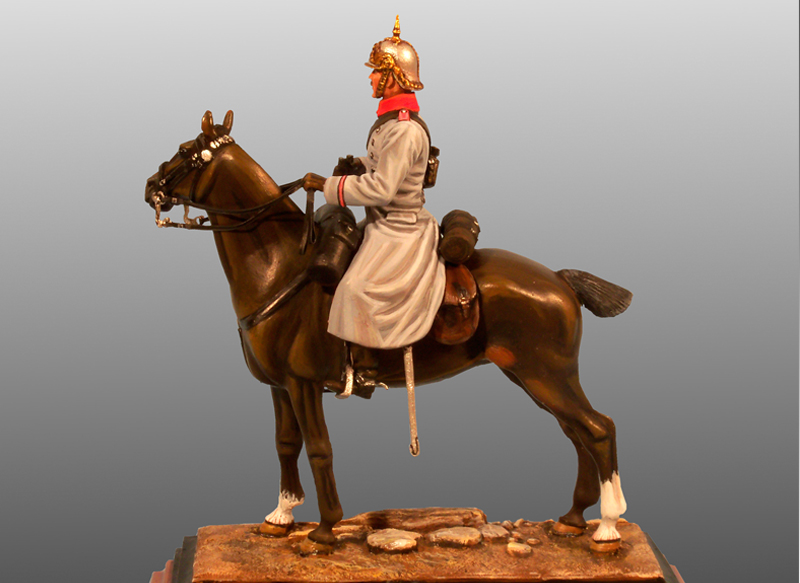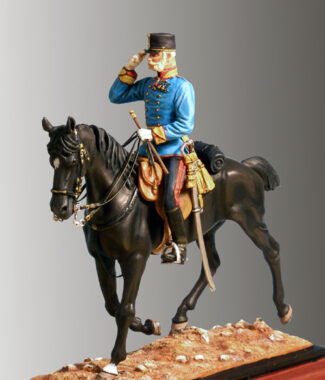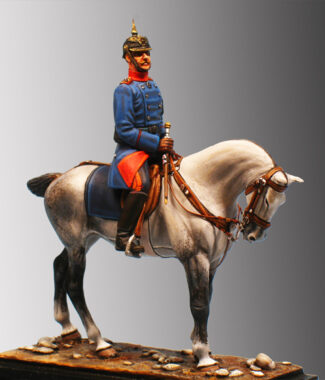Alfonso relished his position of authority. He continued the system of alternating conservative and liberal governments (based on continued elections), but he increasingly intervened in politics in order to rotate governments. The result was political instability; 33 governments were formed in Spain between 1902 and 1923, and the parliamentary system was steadily discredited. Alfonso’s popularity also suffered, and the notorious attempt on his life and that of his bride, Victoria Eugenia of Battenberg, on their wedding day (May 31, 1906) was followed by a constant succession of plots to assassinate him. His great personal courage in the face of these attacks, however, won him considerable admiration.
Alfonso’s position worsened after the failure of the government of Antonio Maura (1909); the last hope for the parliamentary regime seemed extinguished. Although his conduct during World War I was irreproachable (he observed a scrupulous neutrality and rendered great service to humanitarian causes), in the postwar period he began to move toward a system of more personal rule, even seeking a means to rid himself of the legislature. He intervened directly in the Moroccan War in 1921 with such disastrous effect that a subsequent commission of inquiry placed the blame squarely on him for the defeat at Annual (Anwal). A week before the report was to be published, however, Alfonso was rescued from a humiliating situation by a coup d’état (September 13, 1923) led by General Miguel Primo de Rivera.
By directly associating himself with the overthrow of the parliamentary regime, however, and linking his fortunes to the dictatorship of Primo de Rivera, Alfonso jeopardized the existence of the Spanish monarchy. When Primo de Rivera fell from power in January 1930, a temporary government under General Dámaso Berenguer was called on to save the king. Alfonso tried various methods to bring about a return to a constitutional regime without the risk of elections. Eventually, he agreed to hold municipal elections (April 1931), which, at least in the important towns, resulted in a landslide for the Republican and Socialist parties. The victors demanded the king’s abdication; when the army withdrew its support from Alfonso, he was forced to leave Spain (April 14, 1931), though he refused to abdicate the throne. Britannica Stories
Alfonso never returned to Spain. General Francisco Franco reinstated him as a Spanish citizen and restored his property (confiscated in 1932), but he eventually abdicated his rights to his third son, Don Juan.
The figure wears the uniform of Colonel of the Royal Squadron with coat in maneuvers held in El Pardo (Madrid) in 1918.






Reviews
There are no reviews yet.